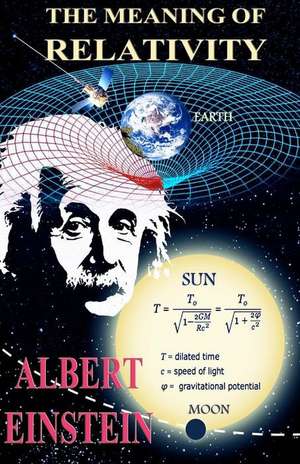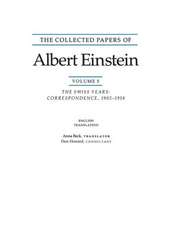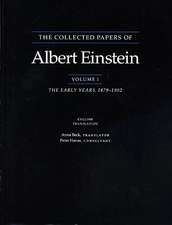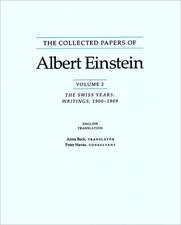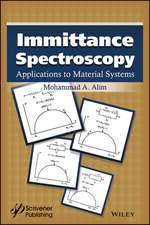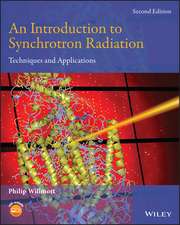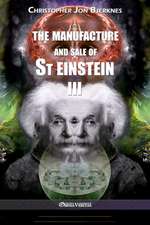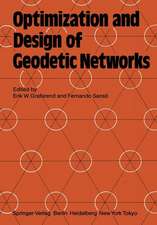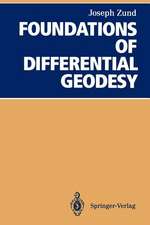The Meaning of Relativity
Autor Albert Einstein Traducere de Edwin Plimpton Adamsen Limba Engleză Paperback
| Toate formatele și edițiile | Preț | Express |
|---|---|---|
| Paperback (4) | 63.30 lei 6-8 săpt. | +7.67 lei 10-14 zile |
| Taylor & Francis – 6 feb 2003 | 93.89 lei 3-5 săpt. | +7.67 lei 10-14 zile |
| BENEDICTION CLASSICS – 25 oct 2017 | 63.30 lei 6-8 săpt. | |
| Alpha Editions – 22 apr 2020 | 67.89 lei 6-8 săpt. | |
| Benediction Classics – 21 dec 2015 | 83.28 lei 38-44 zile |
Preț: 96.52 lei
Nou
Puncte Express: 145
Preț estimativ în valută:
18.47€ • 19.33$ • 15.28£
18.47€ • 19.33$ • 15.28£
Carte indisponibilă temporar
Doresc să fiu notificat când acest titlu va fi disponibil:
Se trimite...
Preluare comenzi: 021 569.72.76
Specificații
ISBN-13: 9781505480351
ISBN-10: 1505480353
Pagini: 124
Dimensiuni: 140 x 216 x 7 mm
Greutate: 0.17 kg
Editura: CREATESPACE
ISBN-10: 1505480353
Pagini: 124
Dimensiuni: 140 x 216 x 7 mm
Greutate: 0.17 kg
Editura: CREATESPACE
Cuprins
Space and Time in Pre-Relativity Physics. The Theory of Special Relativity. The General Theory of Relativity. Appendix I On the 'Cosmologic Problem'. Appendix II Relativistic Theory of the Non-Symmetric Field. Index
Notă biografică
Albert Einstein (1879-1955). Described in his obituary in The Times as 'the greatest scientist of modern times.'
Recenzii
'Einstein's little book serves as an excellent tying together of loose ends and as a broad survey of the subject.' – Physics Today
'He was unfathomably profound ... the genius among geniuses who discovered, merely by thinking about it, that the universe was not as it seemed.' - Time
'Einstein's little book serves as an excellent tying together of loose ends and as a broad survey of the subject.' – Physics Today
'[Einstein], far more than any other single person, is responsible for the way we think nowadays about material things.' - The Times Literary Supplement
'He was unfathomably profound ... the genius among geniuses who discovered, merely by thinking about it, that the universe was not as it seemed.' - Time
'Einstein's little book serves as an excellent tying together of loose ends and as a broad survey of the subject.' – Physics Today
'[Einstein], far more than any other single person, is responsible for the way we think nowadays about material things.' - The Times Literary Supplement
Descriere
Descriere de la o altă ediție sau format:
These lectures were given in 1921, the same year Einstein received the Nobel Prize for Physics. They remain key texts for anyone wishing to discover the workings of one of the most ispiring minds of the twentieth century.
These lectures were given in 1921, the same year Einstein received the Nobel Prize for Physics. They remain key texts for anyone wishing to discover the workings of one of the most ispiring minds of the twentieth century.
